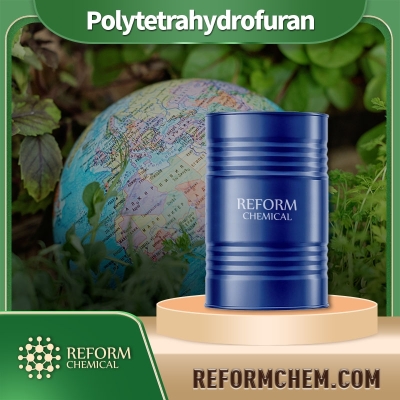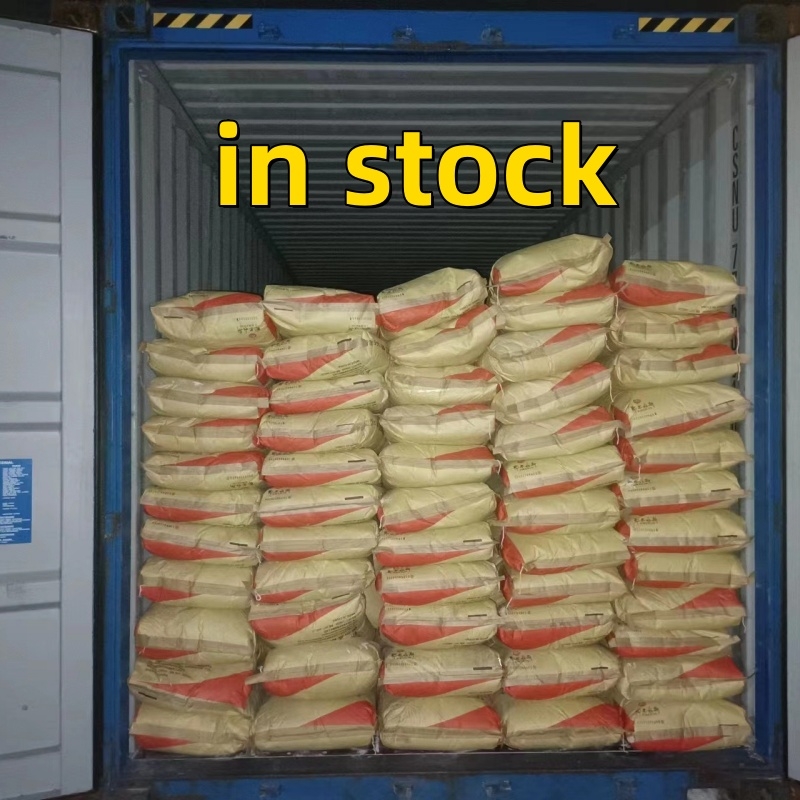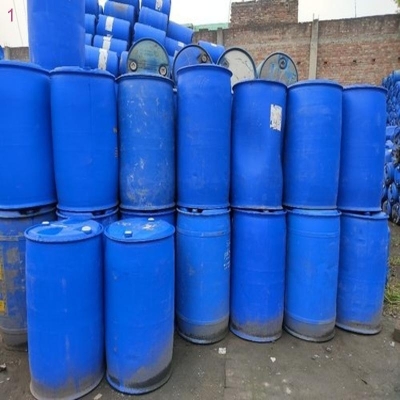-
Categories
-
Pharmaceutical Intermediates
-
Active Pharmaceutical Ingredients
-
Food Additives
- Industrial Coatings
- Agrochemicals
- Dyes and Pigments
- Surfactant
- Flavors and Fragrances
- Chemical Reagents
- Catalyst and Auxiliary
- Natural Products
- Inorganic Chemistry
-
Organic Chemistry
-
Biochemical Engineering
- Analytical Chemistry
-
Cosmetic Ingredient
- Water Treatment Chemical
-
Pharmaceutical Intermediates
Promotion
ECHEMI Mall
Wholesale
Weekly Price
Exhibition
News
-
Trade Service
It is reported that a few days ago, Kuwaiti Oil Minister Bakheet al-Rashidi said that Kuwait is pumping crude oil at a rate of 2.
8 million barrels per day, which is quoted from Standard & Poor's Pratz
.
That's 90,000 b/d more than Kuwait's June output, a figure that underscores the difficulties the cartel faces in rapidly ramping up output to keep prices in check: Analysts estimate OPEC's total increased by only 70,000 b/d
in July.
Kuwait and Saudi Arabia are preparing to restart production in the neutral zone as OPEC boosts output in response to dissatisfaction with oil prices, which could add another 500,000 barrels
to global supply.
The reboot could happen
before December.
Separately, the minister said that the oil market is approaching stability
.
This is something the market should have done earlier this year before finding out that these price levels were not optimal
for buyers.
Now, things have changed
.
"It's clear at the moment that we're approaching a very stable phase based on current production levels.
.
.
Both consumers and producers," Reuters quoted Al-Rashidi as saying
.
Kuwait's total production capacity currently stands at 3.
15 million barrels of crude oil in all fields, but it plans to increase this production to 4 million barrels by 2020 and 4.
75 million barrels
by 2040.
It is reported that a few days ago, Kuwaiti Oil Minister Bakheet al-Rashidi said that Kuwait is pumping crude oil at a rate of 2.
8 million barrels per day, which is quoted from Standard & Poor's Pratz
.
That's 90,000 b/d more than Kuwait's June output, a figure that underscores the difficulties the cartel faces in rapidly ramping up output to keep prices in check: Analysts estimate OPEC's total increased by only 70,000 b/d
in July.
Kuwait and Saudi Arabia are preparing to restart production in the neutral zone as OPEC boosts output in response to dissatisfaction with oil prices, which could add another 500,000 barrels
to global supply.
The reboot could happen
before December.
Separately, the minister said that the oil market is approaching stability
.
This is something the market should have done earlier this year before finding out that these price levels were not optimal
for buyers.
Now, things have changed
.
"It's clear at the moment that we're approaching a very stable phase based on current production levels.
.
.
Both consumers and producers," Reuters quoted Al-Rashidi as saying
.
Kuwait's total production capacity currently stands at 3.
15 million barrels of crude oil in all fields, but it plans to increase this production to 4 million barrels by 2020 and 4.
75 million barrels
by 2040.







